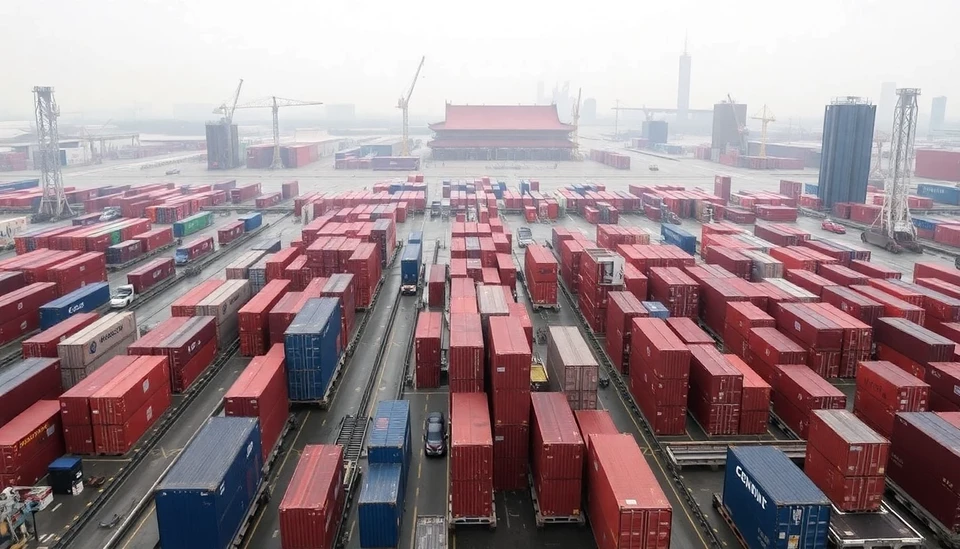
In a significant escalation of trade tensions, former President Donald Trump has implemented a 10% tariff on a wide array of Chinese imports, prompting an immediate response from officials in Beijing. The move, seen as a reflection of ongoing issues surrounding trade disparities and economic competition, has put the spotlight on potential ramifications for both China and the United States in the wake of these tariffs.
Sources close to Chinese leadership indicate that President Xi Jinping is contemplating various retaliatory measures. Officials are analyzing the impacts of Trump's tariff strategy, weighing both the economic consequences for Chinese businesses and the broader implications of potentially spiraling into an intensified trade war.
While specific retaliatory actions have not yet been finalized, the Chinese government is rumored to be considering measures that could target key American industries, akin to their previous responses during earlier trade hostilities. These might include increasing tariffs on American goods and implementing stricter regulations on U.S. companies operating in China.
The announcement of the new tariff policy by Trump coincides with a backdrop of rising economic pressures for both nations. China has been grappling with its economic recovery post-pandemic, while the U.S. seeks to curb its trade deficit with China, which has long been a contentious issue in bilateral relations.
Trade experts are emphasizing the importance of dialogue to mitigate these tensions. As Trump’s administration continues to adopt a more aggressive stance towards China, fears are mounting over the possibility of a slippery slope into a more confrontational phase of economic warfare, which could have ripple effects across global markets. The repercussions of such a trade war could lead to increased prices for consumers and disruptions in supply chains invaluable to both economies.
Furthermore, the recent tariff imposition has stirred reactions from various sectors in the U.S., where businesses reliant on imports from China express concerns about sourcing issues and potential rising costs. Analysts contend that these tariffs could straddle multiple industries, including technology, automotive, and consumer goods, creating an environment of uncertainty that may hinder economic growth in both countries.
As the situation evolves, both U.S. and Chinese officials are under pressure to navigate these dynamics carefully to avoid a chaotic fallout that could jeopardize global trade stability. Continuous negotiations and diplomatic engagement will be crucial to find a path forward that addresses underlying trade grievances without tipping into broader economic conflict.
As Xi Jinping weighs his options, the world's eyes remain fixed on the two superpowers. The outcomes of these deliberations could significantly alter the landscape for international trade and economic relations moving forward.
In summary, the recent tariff implementation by the Trump administration has reignited fears of trade warfare, propelling China into a defensive position as it deliberates possible retaliation strategies that may have far-reaching effects on the global economy.
#TradeWar #USChinaRelations #Tariffs #EconomicImpact #XiJinping #DonaldTrump #GlobalEconomy #TradeTensions
Author: Rachel Greene




